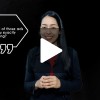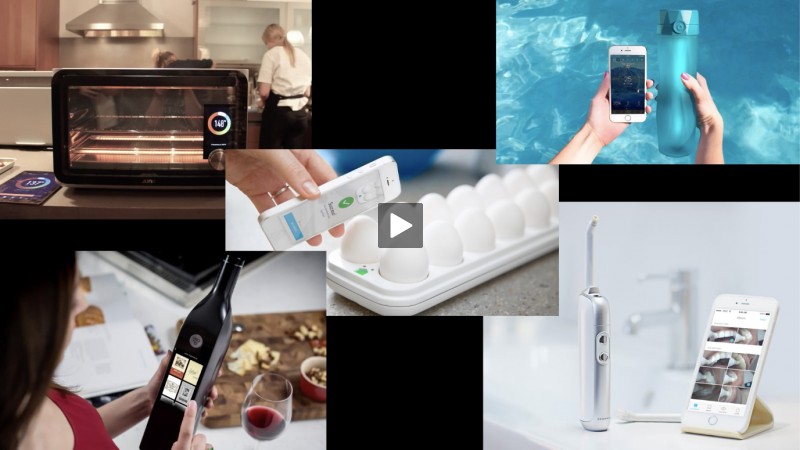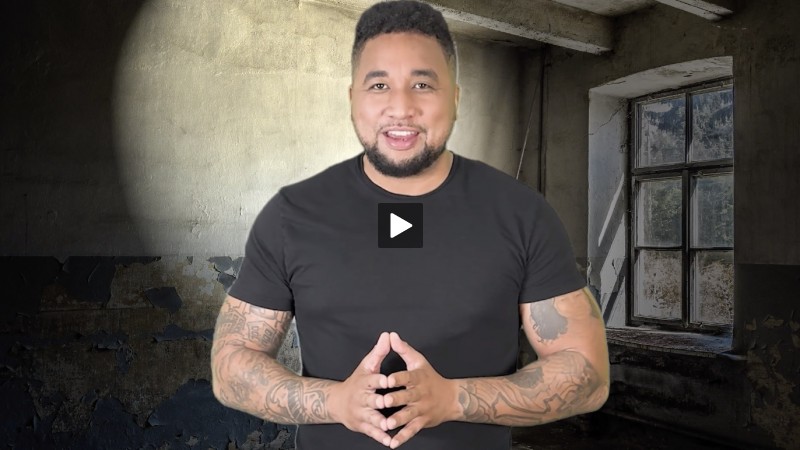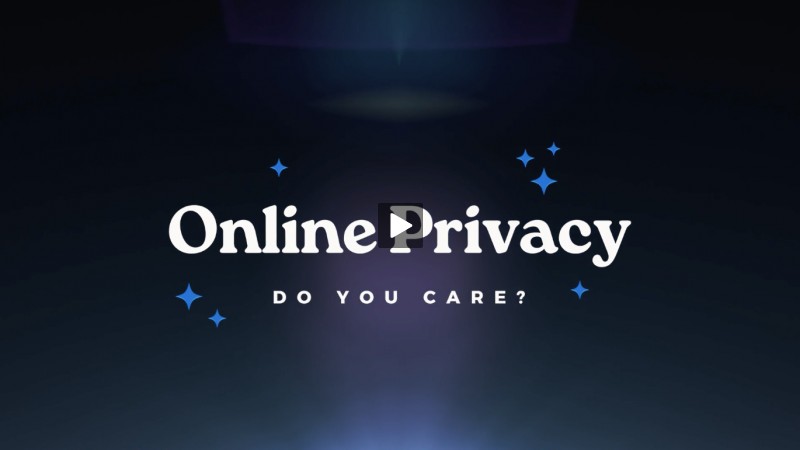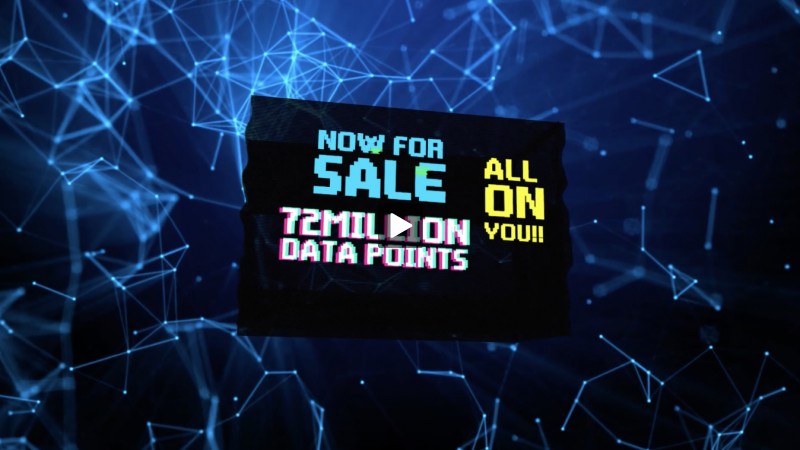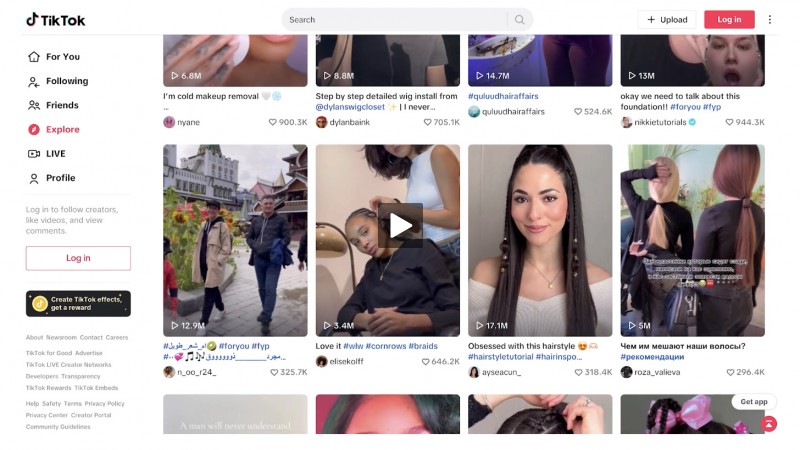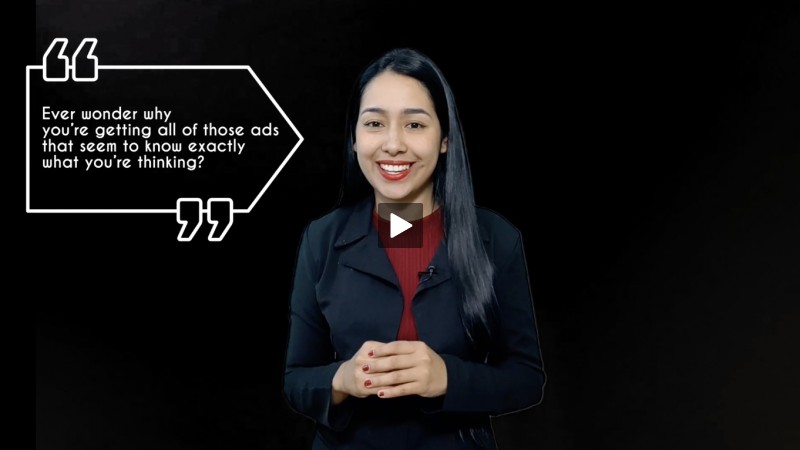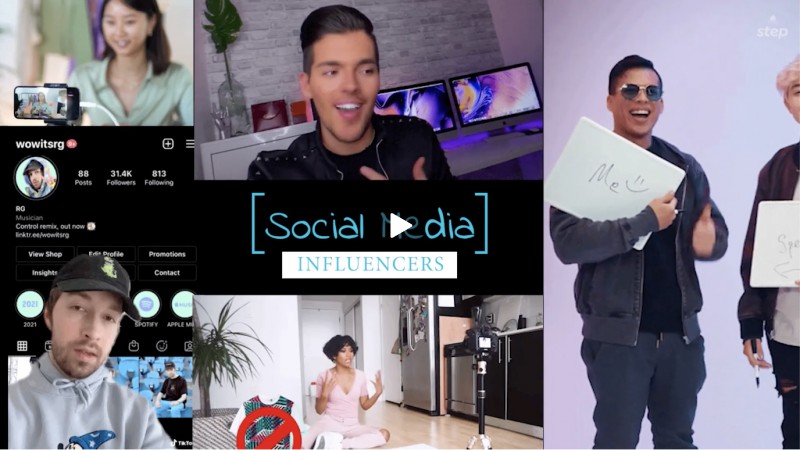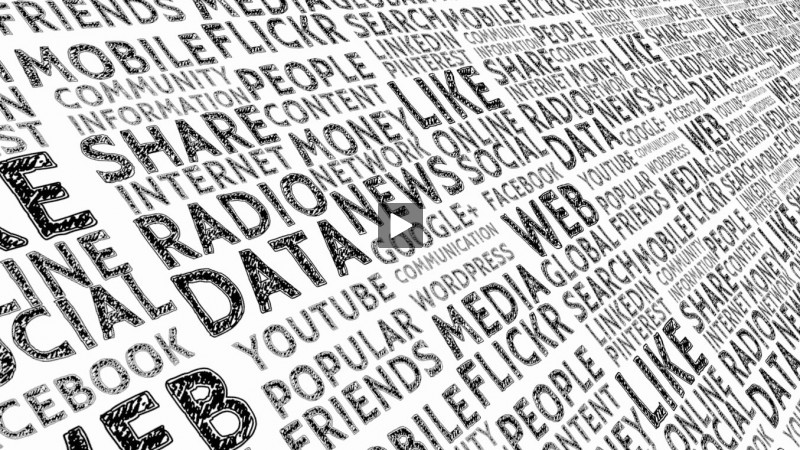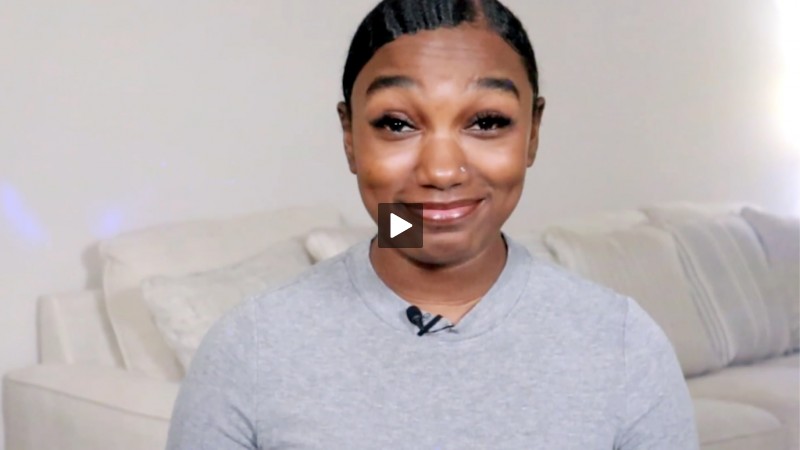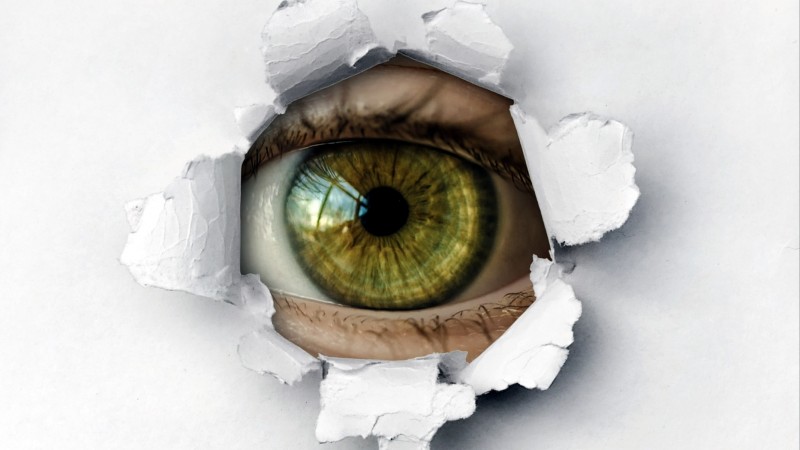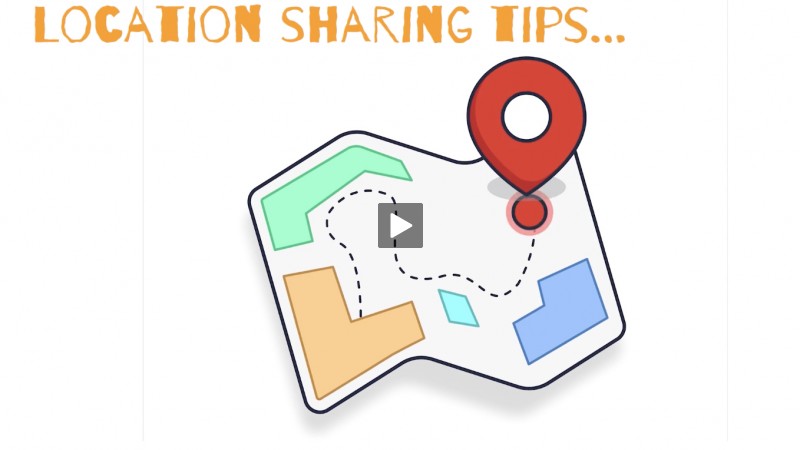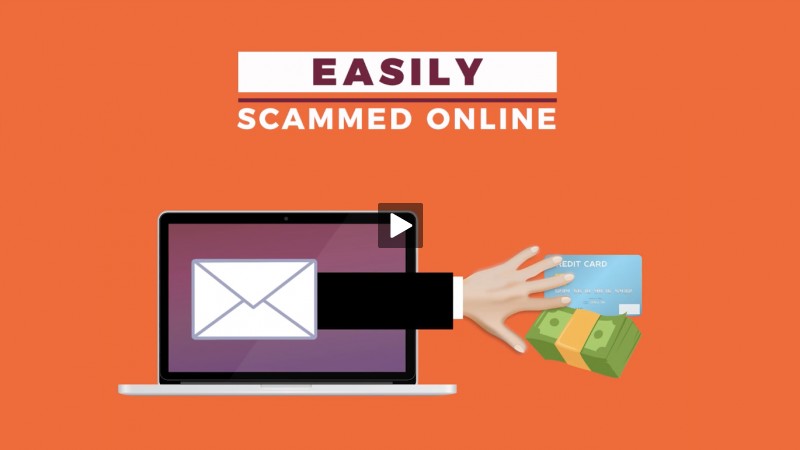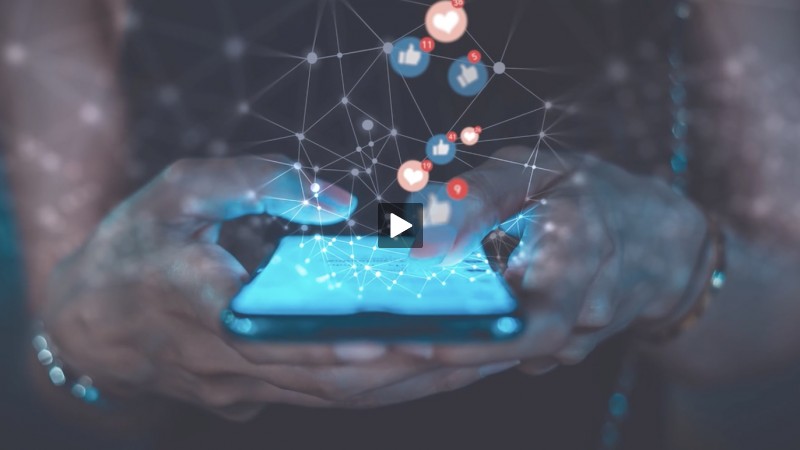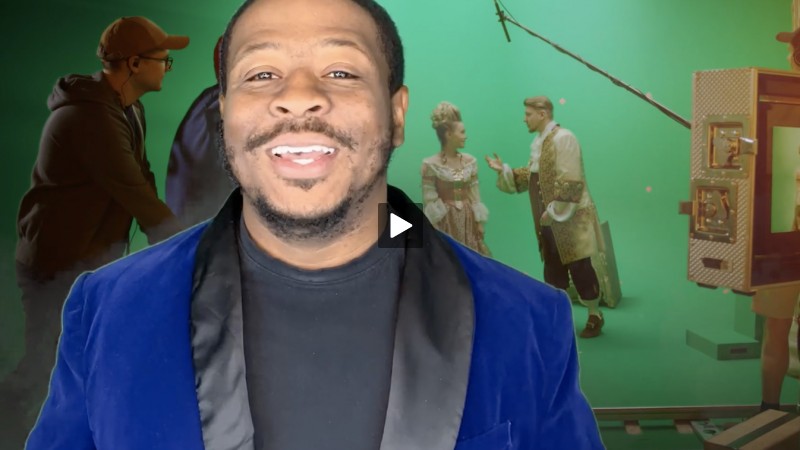The Ostrich Syndrome: How I Handled My Credit Card Debt
- Details
- Written by Drew Guthrie
- Category: Articles
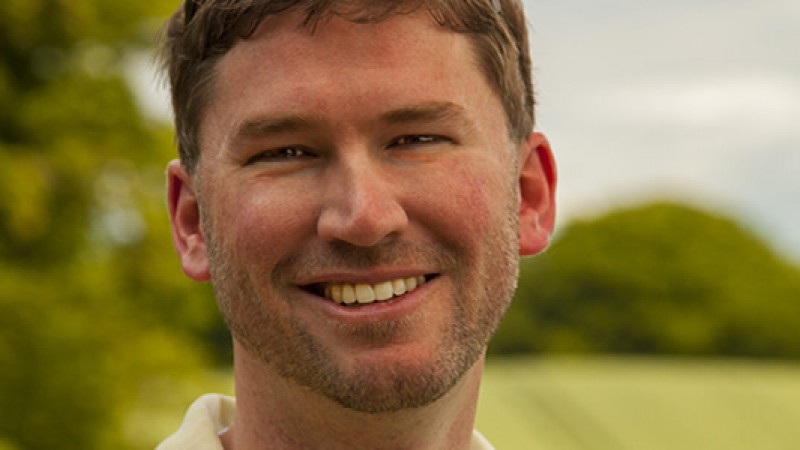
When it came to my out-of-control credit, I had a severe case of ostrich syndrome—I hid hoping my problems would go away. I had that sickening feeling every time the phone rang, checked my inbox, or got the mail. Fees and interest piled up so high I shut down.
Whenever I tell my story I get tremendous feedback and stories that mirror my own. If you get anything from this story take away these three important points:
If my story helps, please feel free to share it with someone you know who may be in financial danger. It's not so scary if we work together!
- Do not hide—it will make your problems worse.
- If you have money problems—you're not alone.
- If you take control of your finances—there's hope.
Part 1: False Sense of Self Confidence
When I was in high school, my mom gave me a credit card for emergencies. Nothing big; just a card with a limit around $300.
I had it for a little bit and didn't think much of it. That was until I was out with friends and a store I liked was advertising a "big sale." We joked that, of course, a sale constituted an emergency.
Needless to say, my mom did not agree with our reasoning. Go figure.
No problem. I had a part-time job so I could pay back the charge with my next two paychecks to avoid any interest charge.
The fact that it took two paychecks to pay it back should have been a red flag. It wasn't. Instead I chalked up my first experience with credit as a win for me and "no big deal."
That attitude lead to the problems ahead.
The Plural of You Podcast
Listen to Drew: Financial Literacy for Everyone – Drew Guthrie (POY 12)
Part 2: My Own Credit
It all started with a phone call. I remember it to this day. First week of school: freshman year. My dorm phone rang; it had to be family since I hadn't really given out that number. Nope. On the other end was someone who had a great story for an 18-year-old kid.
The story was all about being independent and establishing credit. He was "here to help." Take the card, he said, and it would be there for emergency expenses—college is expensive and, since this is my first taste of independence, there will be a bunch of unexpected expenses.
That was my first credit card, not my last. Over the next three years, I filled out nearly every card application I received as long as there was no annual fee. See how smart I was? That false sense of self confidence where I thought that even though the credit limits was getting higher—it doesn't mean I need to use it... but I'll have them in case of emergency. Remember, college is expensive!
I thought these companies were fools for giving a 19-year-old guy cards with $5000 limits. Turns out, I was the fool. I started charging small things. At some point I couldn't pay off one card so I used another card to pay it off. Thus it began.
During those three years every wage, scholarship, financial aid, and available card balance went to making minimum payments. See the cycle of using debt to pay debt? I was in trouble and needed help.
Part 3: Breaking the Cycle
By the time I decided to break the cycle and go to credit counseling, I had 7 cards with balances.
If you are unfamiliar with credit counseling, it is a service that works with your creditors to dramatically lower your interest rate and consolidate all payments into one, easy-to-manage payment.
Please note—if you decide to go through credit counseling make sure you find a reputable non-profit company. There are some drawbacks with going this route so make sure you do some research to decide which path is right for you. The National Foundation for Credit Counseling (www.nfcc.org) is a good place to start.
I figured out the budgeting system that worked best for me—a sticky note on the back of my debit card. All I needed was a starting balance (for me it was when my paycheck got electronically deposited) then write the purchase amount and a couple of letters to identify the transaction.
Think about it—from the time a card gets approved until the receipt is signed; there is enough time to write down the purchase. And you already have a pen in your hand! Hey, it works.
Each time my check got deposited I "balanced" my account—meaning writing my new account balance minus any outstanding transactions on my sticky. I was already looking at my account to see how much I got paid so the "balancing" added a whole 90 seconds to what I was already doing.
It took me a little over four years to pay off three years of credit-card debt at reduced interest. If the interest rates weren't reduced, I'd probably still be paying on them.
But here's the kicker—after many years of being financially responsible, I'm still paying for those mistakes! Remember those income sources to make the minimum payments? Yup, I'm still paying off my student loans which were used, in part, to pay my credit card debt.
Epilogue: Financial Responsibility Brings Pride and Real Confidence
I saved my last statement from the credit counseling service showing everything paid off. Looking at it brings such a huge smile to my face knowing I made the life-changing decision to live within my means. That decision took a huge weight off my back and I'm much happier for it.
Nowadays, my wife and I have a total of three credit cards. One is never used and only open for emergencies (he can be taught!), the second is a store card which gets paid off online as soon as we get home from the store, and our regular use card. We never pay credit card interest. My philosophy is that I paid enough at the time of purchase; I don't need to spend more. Plus, if we pay interest, then all of those free credit card rewards aren't really free, right?
When my wife and I financed our car a few years ago, the lender wondered if we knew our credit scores. We let him know that we get our free annual credit report but no idea on our scores. He asked if we had any guesses. Completely straight faced I said "if they're less than 800 I'll be upset." He laughed. When the credit reports came back, he just nodded. We walked out with financing for the car we wanted—and the lowest available rate. Now, our goal is to have that be our last car loan EVER!
If my story helps, please feel free to share it with someone you know who may be in financial danger. It's not so scary if we work together!
Take care,
Drew
For More Information
Start our interactive module: Sucker Punch! This extensive module will teach you all the ins and outs of credit cards. Register an account and start preparing yourself.









